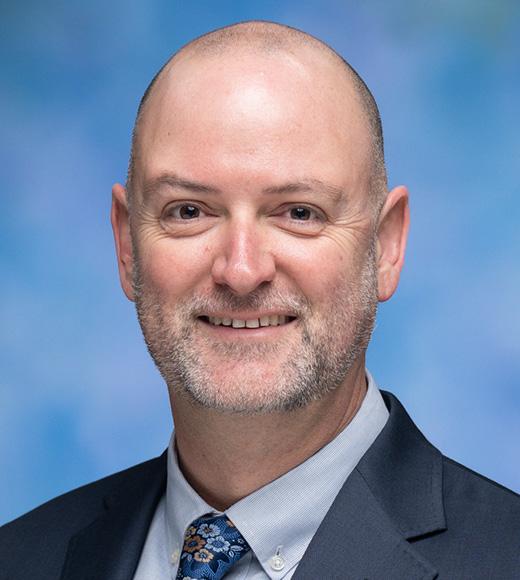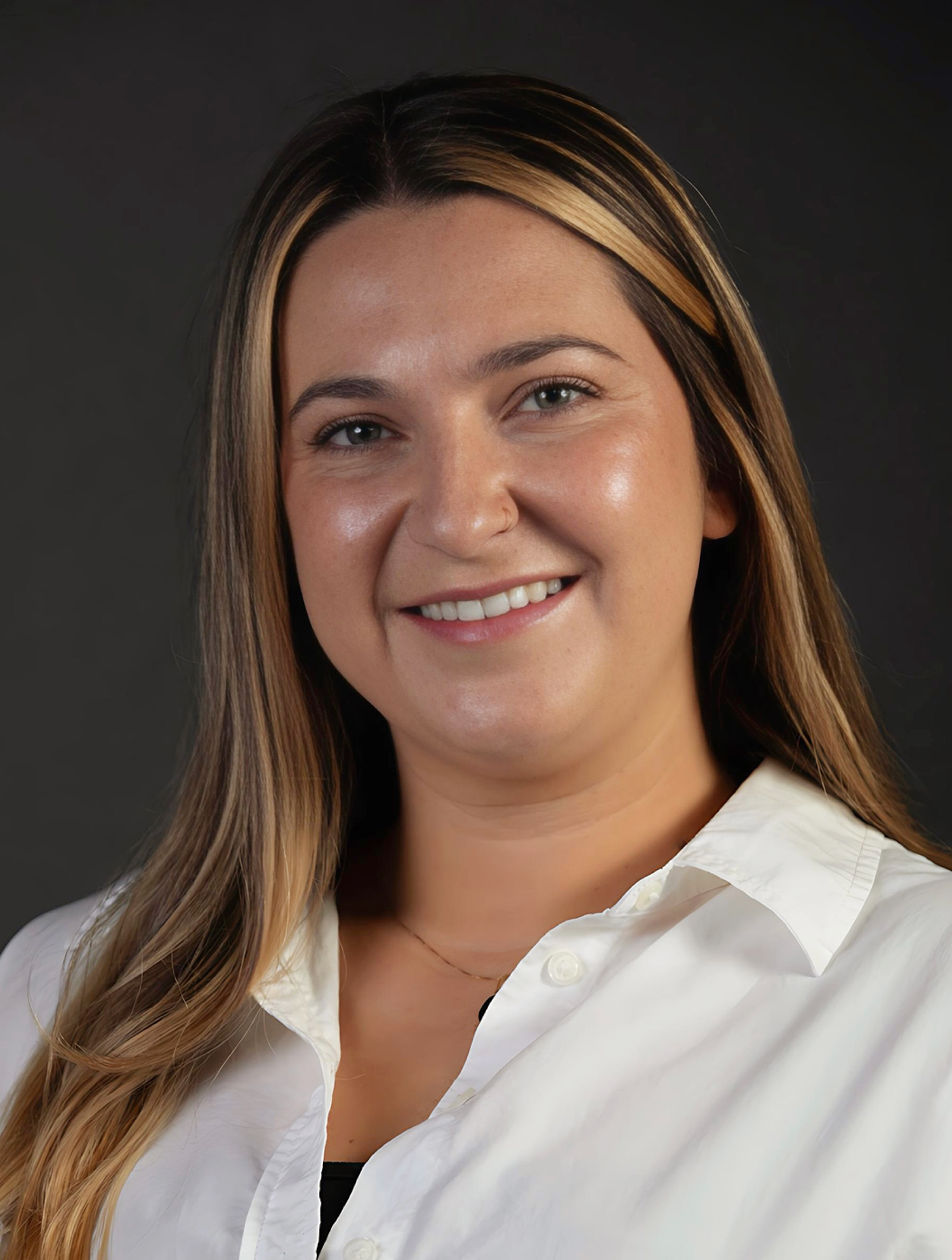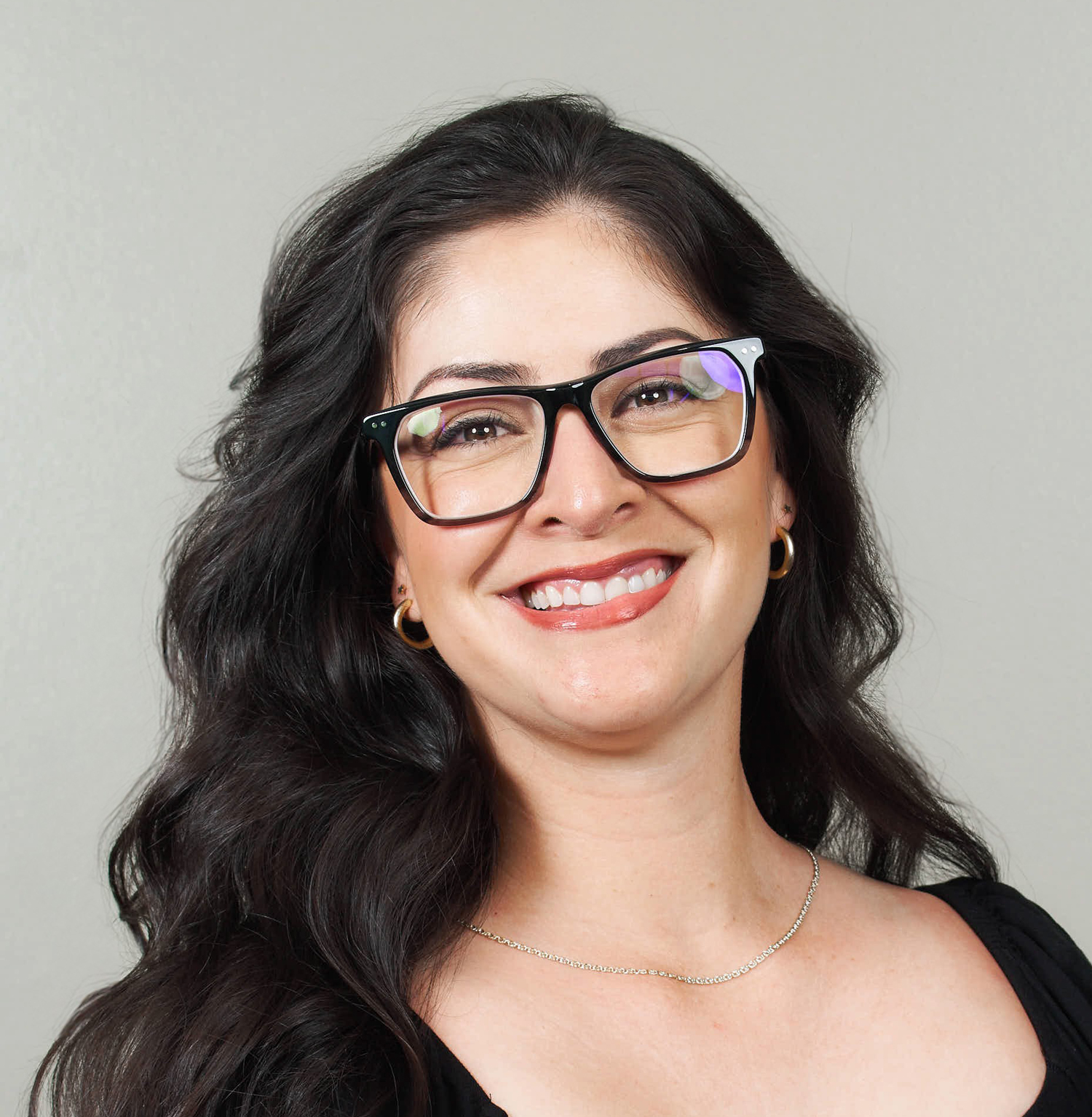Are you applying to the University of California for fall admission as a first-year student? Don’t stress! We’ve got pointers and info right here, from how the admissions process works to getting financial aid and top tips for applying.
The first thing to know: When you apply to UC, you’re not sending your application into a void. There are real humans behind the scenes, many hundreds of admissions staffers who care deeply about students. They read every single application, and they want to hear your story. Three of them sat down to answer the most common questions about the application and debunk some of the stickiest UC admissions myths.
Our panel: Robert Penman leads undergraduate admissions for UC Davis and previously worked in the admissions departments at UC Berkeley and UC Riverside. Melissa Chávez and Jayne Reimel work in UC’s central undergraduate admissions office, which sets policies across the UC system. They both formerly worked in the admissions department at UC Santa Barbara. To round out their UC creds, all three are alums, with degrees from UC Riverside, UCLA and UC Santa Barbara, respectively.
Jump to each section using the links below:
How UC admissions works
GPA and test scores
Financial aid
Free UC application resources
Top tips
Want even more info? We’ve also got a Q&A on filling out the narrative sections of the application, including the Personal Insight Questions, and a roundup of helpful application and financial aid resources.
How UC admissions works
How does UC review applications?
When you talk about the context of a student’s school, what do you mean? How do you compare different schools?
RP: The context of your school refers to what was available to you at your school and what is common for students to do at your school. If you attend a school that restricts, for example, the number of honors or AP or college courses you can take, that’s important information for us to know. On the flip side, you might go to a school that doesn’t offer AP at all or honors at all, and that’s also okay. We’re going to review you in the context of your school environment, so we’re not comparing you to a student at another school with different resources.
We are comparing students within the historical context of their school. We have historical information about every California high school and how many students have come to UC from each school over the years. We track what the average GPAs from a school have been in the past, so we can assess where a student might be in that school pool.
Do you compare students to each other, whether they are from the same or different schools?
GPA and test scores
Is there a minimum GPA for admission?
MC: There is a minimum — 3.0 for California residents and 3.4 for students coming from outside of California. We calculate your GPA using just the A–G courses taken between the summer after 9th grade through the summer after 11th grade. But we always let students know that, to be competitive, you should go above and beyond those minimums.
RP: While campuses admit from across the GPA range, it’s important to look at the average admit GPA for the campus you want to go to in order to have a sense of what the level of competition is. The averages at most campuses are much higher than the minimum. Most students applying to the University of California aren’t just meeting the minimum. They’re eager learners. They’ve gone beyond the minimum requirements. They’ve taken more honors, AP, IB and college-level courses that really raise their GPAs.
If you’re looking to bump up your GPA, which is better, taking AP classes or taking dual enrollment classes at a California Community College?
RP: We don’t have a preference, other than wanting students to choose the path they are most passionate about. Instead of trying to game the system, take the courses that are truly interesting to you.
If you find that the dual enrollment course in American history seems more interesting to you than AP U.S. History, no one on the admissions side is going to care about that. But we are going to be happy to hear more about your interest in history. There are a lot of options, and I think it’s really up to the student in conversation with their counselors and their parents to take courses that excite them.
How about test scores?
RP: We do not consider SAT or ACT scores in the admission process. But other test scores like AP, IB and A Levels, those are all part of the review. Keep in mind, they are not the be-all and end-all of the review because again, it’s holistic. That said, for some of our more competitive programs, an AP or IB score can give us some information about a student’s strength in a particular area. For example, a passing exam score in Calculus or Physics AP for an Engineering major can be added value in your application.
Financial aid
Do you consider a student’s financial aid request when making admissions decisions?
RP: UC admissions is need blind, which means that we do not consider a student’s ability to pay when we are making admission decisions. The person reading your application is never going to know whether or not you applied for financial aid. We’re not considering whether you can pay because it’s just not the way we do business. We’re not here to make money. We’re here to enrich minds, teach, conduct research and provide a public service. So that’s what we’re about.
In fact, UC has some of the best financial aid anywhere. At UC Davis alone, we give out three-quarters of a billion dollars in financial aid every year. If you’re worried about your ability to pay for a UC education, it’s important to note that most students do not pay the published “sticker” price. Most California residents with a family income of under $100,000 pay no tuition at all. We don’t want cost to be the barrier, so we want you to apply, even if you’re not sure about your ability to afford it. Submit the FAFSA or the California Dream Act application, whichever applies to you, and let’s see where we can come together on cost and make this more affordable.
There is a place in the application where we collect information about family size and your parents’ educational backgrounds, careers and family income, but that is for context and determining fee waiver eligibility, and it’s entirely optional. It’s not going to make or break your application one way or the other.
Free UC application resources
Does UC offer help with the application?
RP: There are a lot of folks out there who have found ways to monetize the college admissions process. But we are committed to providing advice you can trust for free. You can call our offices, you can email us, ask us questions, come to our workshops and really get your questions answered. We dive deep on them. Sometimes they’re really big programs with thousands of students attending, but sometimes they’re small workshops and you can get some very personal attention.
Wherever you live, we also have dedicated territory managers you can reach out to. So I’ve got people who handle Southern California and the very northern part of the state and everywhere in between. Those folks are there to help answer your questions. And the same is true for every UC campus. You should be able to get your questions answered for free, so use us as a resource.
JR: Yes, admissions offices are happy to talk with students, and yes, a lot of students do reach out. But it’s surprising that more students and families don’t take advantage of that opportunity. Staff will talk with students about the application, and while they can’t pre-evaluate their application or anything along those lines, they can advise students on how to best represent themselves in the UC application.
If you have questions and you want help, campuses are happy to give it, so go directly to the source. But don’t procrastinate! If you wait until the last minute to ask for help (aka the application deadline), it’s not likely that the admissions staff will be able to offer assistance to you in time. So make sure you’re giving yourself plenty of time to seek help.
MC: Students have information at their fingertips thanks to the growth of social media and online content. UC campuses have taken advantage of that opportunity to curate helpful online content to support students. Be sure to follow the University of California and the individual campuses on social media to see a ton of useful content. And don’t forget about YouTube — there are many UC-produced video tutorials out there, not just on the application process but also offering an inside look at each campus.
It’s so important to get your information directly from the campuses, because we see a lot of private companies charging for PIQ workshops and such, run by people who aren’t even involved with UC and may not have the best information. Our campuses are offering those programs for free. We have all kinds of webinars on admissions — just sign up online.
Top tips
What’s a piece of advice every UC first-year applicant should hear?
RP: Stop trying to get inside my head. Stop thinking about what you think I want to hear about and just focus on you and what you can control, which is telling your story, sharing with me your hopes and dreams and all of your wonderful accomplishments and the challenges you’ve overcome.
JR: I’d say please give yourself time. If you try to complete your application in one sitting on November 30th, it’s probably not going to be a good representation of you or your accomplishments. You don’t need to spend hours and hours on it every day, but it does take time to make sure you are filling out every section accurately and thoroughly. If you leave things out of the application, the admissions reader is never going to know if it was intentional or not. The readers are not going to reach out to a student to say, “Hey, you mentioned you won this award, but you didn’t talk about it in your PIQ, and I want to know more.” That doesn’t happen. So by rushing and not spending time with the application, you risk leaving out important and useful information. There is a reason the UC application opens up months in advance of the deadline!
MC: Once you hit submit on your UC application, there is very little you can change. You can correct your name, address or email, but that’s about it. If you forget to include an activity or forget to complete the PIQs, you can’t correct that. (You’d be shocked at how often this happens.) So please allow plenty of time to work on it, to review it, to have other people look over it and to make sure it is exactly the way that you want it before you click that submit button. And then do click that button! We can’t wait to learn all about you.





